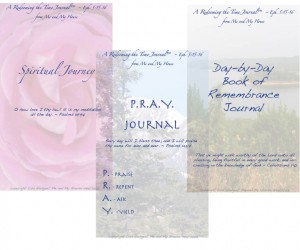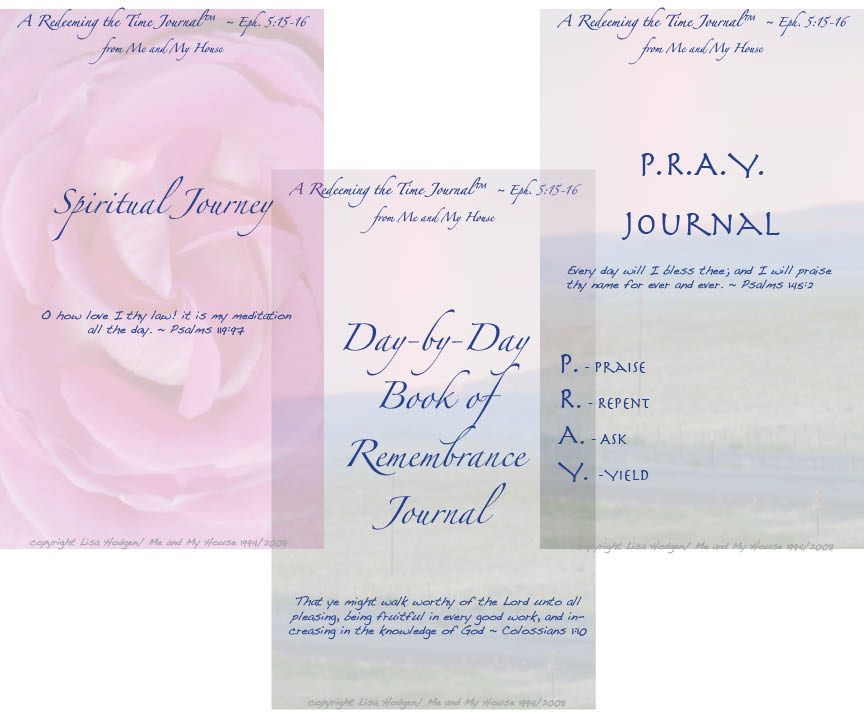R Road to Spelling is a simple but powerful way to Freedom & Simplicity™ in Spelling. Here’s a look at R Road. We are talking here only of the method of learning to spell new words, not broader writing in general, and not a “course of study” of spelling, i.e. the merits or not of spelling “programs”.
If you are not familiar with R Road, it is a methodology of learning, a ‘path to wisdom’.
Receive – Our foundation for Spelling is the instruction we have Received, the letter symbols needed to represent sounds, and “rules” for knowing when to use those letters.
Record – The Records of what we Received are both in our minds and in our Journals. A “Letters Journal/Book of Remembrance” documents the various phonograms and rules we’ve learned, an ongoing Journal as we learn to spell. The letter-sound connection is Recorded in our minds, as we can’t hear what is recorded in our Journals.
Ruminate – Our spelling learning is not done by just rotely Recording the words we want to learn, but (as in all our studies) by Reflecting on them, thinking and Reasoning. This process will help us remember how to spell the word, be able to figure it out for ourselves if we forget, and enable us to spell other words based on the reasoning we’ve done for the ones we’ve learned. Ruminating consists of 3 processes, Reflecting, Reasoning, Responding/Relating.
– Reflecting – Think about it, put it in context. This can mean many things in spelling. In particular, we need to know the context of the usage of the word to make sure we are spelling the right word. How it is used in a sentence (the context of words) determines its meaning and many times its spelling. Are we talking about going to the sea, or the ability to see? Have you read the book, or is it the color red?
Generally, we talk about Reflecting on what we are learning “biblically, historically, academically, and governmentally.” Do these apply to spelling words? Individual words may or may not have biblical context, that may or may not have bearing on how we spell them, but it does have bearing on how or whether we use them!
Historically, is this a foreign derived word that is going to have special spelling needs that come with that? It’s highly doubtful that you will Research the historical background and roots of every word you learn to spell. But knowing that bouquet and beret are French words helps us to remember to not spell them a-y at the end.
Academically, we Reflect on the word, begin breaking it down. We say the word out loud. How many syllables do we hear? How many sounds in each syllable? Syllables are the context, Big Picture, for Spelling (in addition to the meaning context we’ve already pointed out.) Which spelling we use for a sound is usually governed by where it is in a syllable, as is how it is pronounced. Governmentally, what rules govern the spelling of those sounds? The context of the meaning and the place in the syllable will determine what rules are used.
– Reasoning – The answers to these, of course, all work together and lead right into Reasoning. This is all an integrated thought process. As we continue the process: What is the first sound I hear? How is that sound normally spelled? Can it have other spellings? In what context? Does this word fit in that context? Repeat these questions for each sound in the word.
– Responding/Relating – Responding/Relating usually relates to what we should believe, think and do in light of this new knowledge we’ve learned by Ruminating on new material. In the case of spelling, it can be more a process of Relating the spelling of new words to ones we already know, such as: Thought uses o-u-g-h for the/o/ sound, so does ‘bought’, so does ‘wrought’, etc. R Road has taught us many new words through the process of learning one. But 2 words in that last sentence, require their own learning. 🙂 A-u-g-h for /o/ in ‘taught’, and o-u-g-h for /oo/ in ‘through’. Sometimes there isn’t a hard a fast rule to know when to use which spelling, but we still come very close by knowing the rules that do govern.
Release – Releasing is, of course, the writing down or telling the spelling of the word, generally as we are Reasoning out each sound. We have planned our course, we have taken action, all that remains is judging whether it is correct.
In teaching Spelling, we will be guiding our children through these processes so they do get the right spelling. However, as they grow older and are spelling on their own, they will need to judge their own writing. That will involve looking the word up in the dictionary, whether that be a book, an online dictionary, or spell check in a computer app, or asking someone else if it is correct. It can also involve a further step of our judging their writing, making sure they have spelled words correctly. If our children’s work is never judged, they will learn to Reason wrongly, and will learn to misspell words.
Revisit – Revisiting a word, of course, implies spelling it correctly the next time we encounter the need to write it. If we don’t remember the spelling or if we’ve learned to misspell a word, we will need to walk through the steps again, Ruminating once more.
As usual, the first 2 and last 2 R‘s are the external, typically thought of processes of learning. The 3 internal processes on R Road are the ones that are normally overlooked, but they are the ones that equip our children to think and learn for themselves. In practice, these processes occur much faster than it took you to read them. But it is a process worth taking the time to teach our children to go through in order to spell unfamiliar words. Naturally, they won’t continue to go through this process after they have learned the spelling. It will come automatically, for they already know it. But for unfamiliar words the Reflective way of learning is a way that engages the learning senses and the mind, for most effective learning. We say the word, we hear the word, we think about the word, we write the word, we see the word. Then we know how to spell the word.
 One of the Prayer Projects we utilize with our children is a P.R.A.Y. Journal. This is for them to record their prayers, giving them 4 areas to pray about, using the acronym P.R.A.Y. Daily specifics are written for each area. We want to teach them to think about their prayers, not utter vain repetitions.
One of the Prayer Projects we utilize with our children is a P.R.A.Y. Journal. This is for them to record their prayers, giving them 4 areas to pray about, using the acronym P.R.A.Y. Daily specifics are written for each area. We want to teach them to think about their prayers, not utter vain repetitions.






 Freedom & Simplicity™ of Lifestyle Education through Discipleship™ ~ The Seminar
Freedom & Simplicity™ of Lifestyle Education through Discipleship™ ~ The Seminar
 You’ve been asking and waiting for this one! Redeeming the Time Journal™ forms are back! Well, making a comeback anyhow.
You’ve been asking and waiting for this one! Redeeming the Time Journal™ forms are back! Well, making a comeback anyhow.


